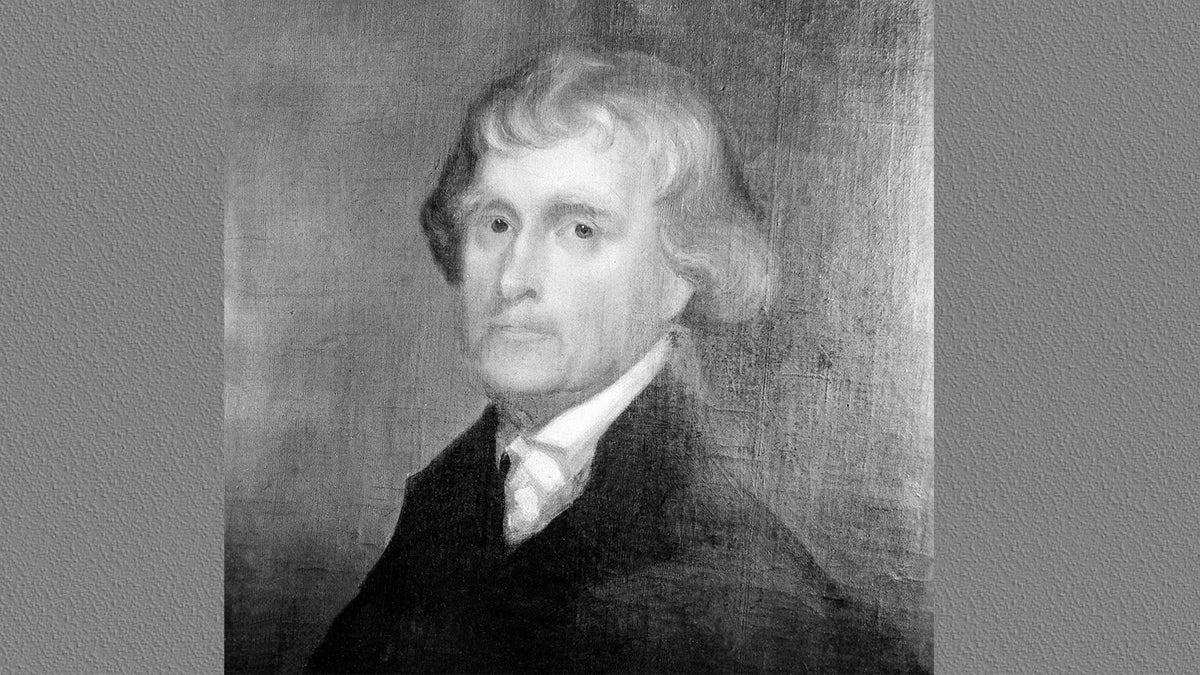A tragic excision from Jefferson’s momentous Declaration

This is an original portrait of Thomas Jefferson
On this busy barbecuing day, I typically take the time to parse the Declaration of Independence, to admire its concise eloquence, to marvel at its bravery (taking on the world’s superpower was tantamount to suicide) – but also to ponder what the document, 240 years old today, does not say.
Thomas Jefferson wrote many drafts – he wrote just a few blocks from where I write this – and he had many editors. They cut a lot of his stuff prior to final printing, and years later he made it clear that the process was unpleasant (although being edited by the likes of John Adams and Benjamin Franklin wasn’t all bad). Some of the cuts tightened his prose, but others were done for political reasons. One draft sentence in particular, a complaint about the British king:
He has waged cruel war against human nature itself violating its most sacred rights of life & liberty in the persons of distant people who never offended him, captivating & carrying them into slavery in another hemisphere, or to insure miserable death in their transportation hither.
Whoa. I know it’s fashionable these days to judge Jefferson, an 18th-century Virginia slaveowner, in accordance with multicultural 21st-century standards. But that passage, intended for the founding document, was a bold rebuke of the British slave trade and its human rights abuses. Jefferson essentially stated that black people, like everyone else, should be free to exercise the “sacred rights of life & liberty,” and I wonder whether history would’ve been changed had that sentence survived. How tragic that it didn’t. Perhaps the abolitionists would’ve successfully invoked that passage in conjunction with the familiar declaration that “all men are created equal.”
But it’s fruitless to indulge what-ifs. That sentence was struck from the document at the insistence of slave-holding Georgia and South Carolina. The seeds of racial discord and civil strife were planted at the creation; we were pre-destined to reap the bitter harvest. So yes, we could’ve done better.
But even as an imperfect work of compromise, the Declaration worked as intended. It rallied the colonists at precisely the time that British warships were massing off the coast of Staten Island; five ships alone had more firepower than the entire colonial fleet. The Declaration triggered spontaneous demonstrations all over New York. As American officer Isaac Bangs recorded, “The whole choir of our officers…went to a public house to testify our joy at the happy news of Independence. We spent the afternoon merrily.”
As will we all. Despite our imperfections.
——-
Follow me on Twitter, @dickpolman1, and on Facebook.
WHYY is your source for fact-based, in-depth journalism and information. As a nonprofit organization, we rely on financial support from readers like you. Please give today.

